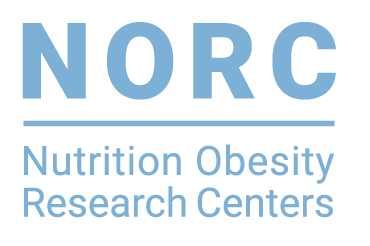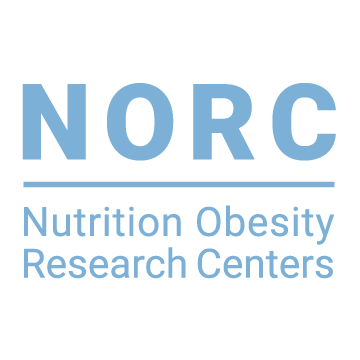Scientists at LSU’s Pennington Biomedical Research Center have made a discovery about the way fat is stored and used in the body, which could help with the development of new treatments for obesity-related conditions such as pre-diabetes and diabetes.
The discovery also could benefit people who have an increased risk of heart disease and stroke.
New research from Professor Randy Mynatt and his team shows that mice lacking a certain gene in their skeletal muscle, which allows their bodies to burn fat, have adapted to burning blood sugar instead.
The discovery goes against previous theories. Researchers believed diabetes and insulin resistance were caused by an accumulation of lipids — or fat — in skeletal muscle. That sometimes was caused by a lack of exercise and the body’s inability to burn that fat. In theory, too much fat in skeletal tissue prevented blood sugar from getting into cells and being burned, which led to insulin resistance and eventually diabetes.
The new discovery disproves that theory. Researchers found that mice without a gene called CPT1B, which allows fat burning in skeletal muscle, were actually healthier than mice with the gene.
Instead of becoming obese, insulin resistant and eventually developing diabetes as Mynatt and his team predicted, mice without the gene burned blood sugar and were significantly healthier and leaner than mice that burned fat.
Additionally, mice without the CPT1B gene burned more metabolic energy than their counterparts, even with a high-fat diet and less exercise.
Future research will focus on inhibiting fat usage in skeletal muscle without impacting the heart by targeting specific tissues. That’s a challenge, according to Mynatt.
“Building on this new discovery, we now want to figure out how our muscles are communicating with the rest of the body so we can develop better therapies,” Mynatt said. “The key goal here is to find better treatments for diabetes and perhaps even lead us to a cure.”
Mynatt’s work was recently featured in “Proceedings of the National Academy of Sciences of the United States of America.”
Read More: The Advocate
Research Details
- Research Center: Pennington Biomedical Research Center
- Featured NORC Member(s): Randy Mynatt, PhD, Professor of Transgenics and Gene-Nutrient Interactions; Will Cefalu, MD, Professor of Nutrition

